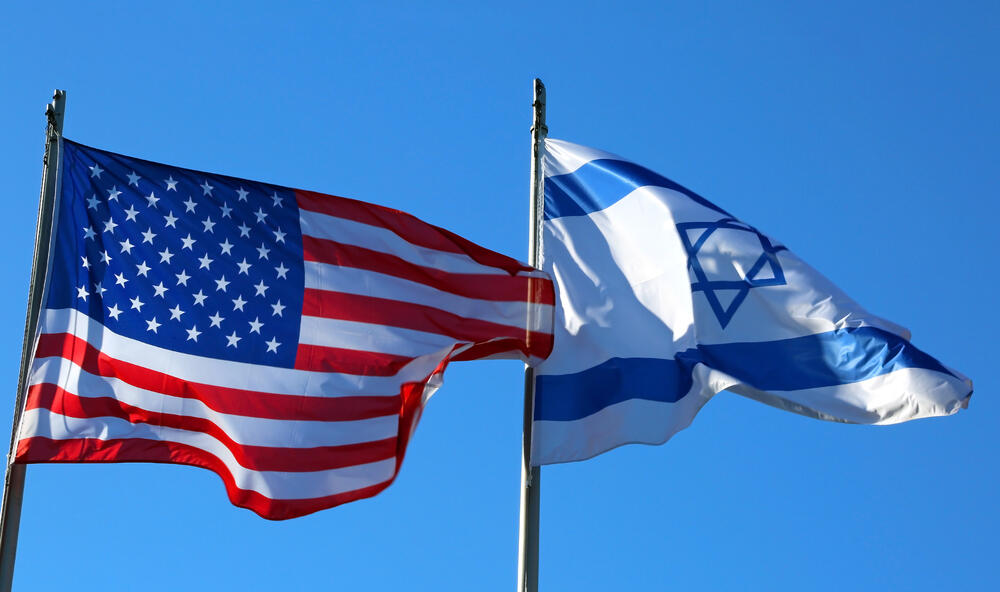Only one-third of Jewish people under the age of 30 in the United States find it very important for their grandchildren to be Jewish as well, according to a study published by the Jewish People Policy Institute (JPPI).
The report found that 71% of American Jews support the Democratic Party, and most of them (70%) support Israel. However, among young Jewish Democrats, support for the Jewish state falls to only 48%.
The findings of the study are based on a survey commissioned by the institute, and it includes a representative sampling of 1,070 Jews, as well as data from a Pew Research Center survey of 4,870 adult respondents who identify as Jewish.
Distancing oneself from Israel is becoming a significant issue among Jewish students as Zionism is perceived as increasingly problematic in elite universities and colleges across the U.S.
According to the policy think tank, many young Jews lack a religious or national bond to Judaism and only view it from a cultural perspective.
JPPI President Prof. Yedidia Z. Stern pointed to three worrying phenomena among the Jewish Diaspora — the dilution of non-religious Jewish identity, declining support of Israel among younger Jews; and growing political, religious, and cultural polarization among Jewish Americans.
The JPPI called on the Israeli government to enact a work plan to foster ties with Diaspora Jewry and properly respond to shifting trends of distancing from Israel and Yiddishkeit.
The experts also argued that the dialog with Jewish Americans who support the Democratic Party should be renewed and deepened, as they hold the power to assist Israel in dealing with the Iranian nuclear threat among other strategic matters. They believe that the Israeli government must reach out to Jews across the world to utilize their various abilities and willingness to assist in the expansion of the Abraham Accords and deepen cooperation with Arab countries.
Dennis Ross, a former senior advisor to three U.S. presidents from both major parties and the former Middle East czar, noted that Russia's invasion of Ukraine helped curb some of the criticism leveled at Israel among some elements within the Democratic Party who used to present the Israeli-Palestinian conflict as the most immediate threat to world peace.
However, Ross warned taking the two-state solution off the table could prompt the Palestinians to demand equal rights under one unified state, a scenario that would find broad support in progressive circles around the U.S.
Prof. Stern added that "the core beliefs and sentimental ties that have 'made us one' are dramatically weakened, while those on the ideological and identity margins grow inside and outside Israel."




